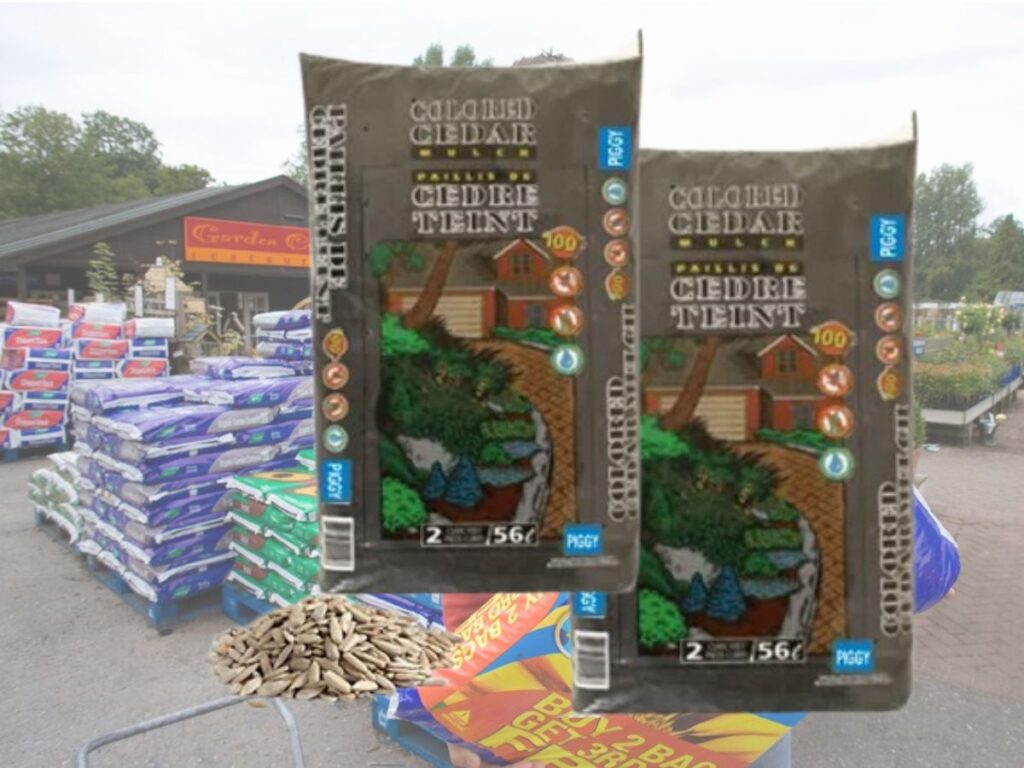In the vast agricultural landscapes of the United States, the success of every crop begins with a tiny yet vital component: the seeds. These small wonders carry the potential to grow into bountiful harvests, and their journey from seed to sprout is heavily influenced by the quality of packaging and labeling on agricultural seed bags.
In this comprehensive exploration, we’ll delve into the significance of proper packaging and labeling for agricultural seed bags, elucidating why they matter significantly to farmers, seed producers, and the overall agricultural industry in the USA.
The Role of Agricultural Seed Bags
Sealing in Freshness and Viability
At the heart of every agricultural bag lies the fundamental role of preserving the seeds’ freshness and viability. These bags serve as protective shields for the seeds contained within, preventing exposure to moisture, light, and air – all factors that can compromise seed viability. Proper packaging ensures that the seeds remain fresh and capable of germination when it’s time to plant, thus setting the stage for a successful crop.
Preserving Genetic Integrity
Maintaining the genetic integrity of seeds is paramount for crop consistency and quality. Adequate packaging safeguards against cross-contamination, maintaining the unique genetic characteristics of each seed variety. Whether it’s corn, wheat, soybeans, or any other crop, the genetic makeup of seeds must be preserved to ensure that they yield crops true to their intended characteristics.
Easy Handling and Transport
Efficient packaging not only protects seeds but also facilitates their handling and transportation. Bulk seed bags and custom feed bags are designed to be sturdy and easy to manage. They ensure that seeds reach their destinations intact and ready for planting. The convenience these bags offer saves both time and effort for farmers, translating to increased productivity in the field.
The Significance of Labeling
Identification and Traceability
Labeling on agricultural seed bags provides essential information about the seed variety, origin, and any special handling instructions. This helps farmers identify the seeds they’re planting and trace their source in case of issues or concerns. In the vast world of agriculture, where various seed varieties are available, accurate labeling is indispensable. Farmers need to know exactly what they’re planting to achieve the desired outcomes.
Regulatory Compliance
In the USA, agricultural seeds are subject to regulatory requirements that can vary from state to state. Proper labeling ensures compliance with these regulations, helping seed producers avoid legal complications and penalties. Staying compliant also fosters trust among consumers, who appreciate knowing that the seeds they use meet all relevant standards.
Consumer Confidence
Consumers are increasingly seeking transparency in the agricultural industry. When seeds are used to grow crops for food production, labeling that includes details on genetic modification or organic certification helps build consumer trust. Knowing that the seeds used in their food are produced and labeled responsibly can significantly influence consumer choices and market success for farmers.
Choosing the Right Packaging and Labeling
Durability and Environmental Impact
Agricultural seed bags should strike a balance between durability and environmental responsibility. Biodegradable and eco-friendly packaging options are gaining traction, aligning with the growing demand for sustainable agriculture. Manufacturers and farmers alike are recognizing the importance of minimizing their environmental footprint while maintaining the integrity of seed packaging.
Customization and Branding
Custom feed bags and agricultural seed bags can be tailored to showcase a brand’s identity. This not only serves as a marketing tool but also helps farmers quickly recognize trusted suppliers. Branding can convey vital information, such as a company’s commitment to quality or its adherence to specific agricultural practices. A well-branded bag can tell a story and establish a connection with the end-users.
Information Accessibility
In today’s digital age, accessibility to information is crucial. QR codes and barcodes on labels can provide quick access to detailed information about seeds, planting guidelines, and even customer support resources. These technological additions to packaging and labeling make it easier for farmers to get the information they need promptly, contributing to more successful crops and fostering customer loyalty.
The Impact on Crop Quality and Yield
Beyond the convenience and regulatory compliance, proper packaging and labeling play a profound role in determining crop quality and yield. Let’s explore these aspects in more detail:
Seed Quality Assurance
High-quality packaging is a means of ensuring that the seeds remain uncontaminated by external factors. Exposure to moisture can lead to mold growth, while light and air can reduce seed viability. Proper packaging, such as vacuum-sealed foil bags, significantly reduces these risks, preserving the seeds in their optimal condition.
Labeling for Precision
The accuracy of labeling is vital for farmers. Planting the wrong type of seed can result in a failed crop, which not only leads to financial losses but also impacts food supply chains. Proper labeling guarantees that farmers plant the right seed varieties and follow specific instructions for optimal germination and growth.
Protection Against Pests and Diseases
Agricultural seed bags also serve as a barrier against pests and diseases that can harm the seeds during storage and transportation. Bags made from durable materials with robust seals ensure that the seeds remain protected from external threats, preventing the spread of diseases and the infestation of pests.
Environmental Responsibility
In recent years, there has been a growing emphasis on environmentally responsible packaging in agriculture. Farmers are increasingly choosing biodegradable and eco-friendly options to minimize their ecological footprint. Such choices not only benefit the environment but also resonate with consumers who appreciate sustainability efforts.
Conclusion:
In conclusion, the importance of proper packaging and labeling on agricultural seed bags goes far beyond mere convenience. These elements are integral to ensuring seed viability, protecting crop quality, and adhering to regulatory standards. They also play a significant role in building consumer trust and supporting sustainability efforts in agriculture.
The agricultural industry’s future will see continued advancements in packaging and labeling technologies, with a growing emphasis on sustainability and traceability. As farmers and seed producers embrace these innovations, they’ll not only improve their operations but also contribute to the overall success and sustainability of American agriculture.
For high-quality agricultural seed bags that meet all your needs, consider exploring the options available at iSell Packaging. Your trusted partner in packaging solutions, iSell Packaging, understands the critical role of proper packaging and labeling in agriculture. Your crops deserve nothing but the best, right from the very beginning. By prioritizing proper packaging and labeling, we’re not just ensuring the success of crops; we’re nurturing the future of agriculture – a future that’s sustainable, efficient, and thriving.





